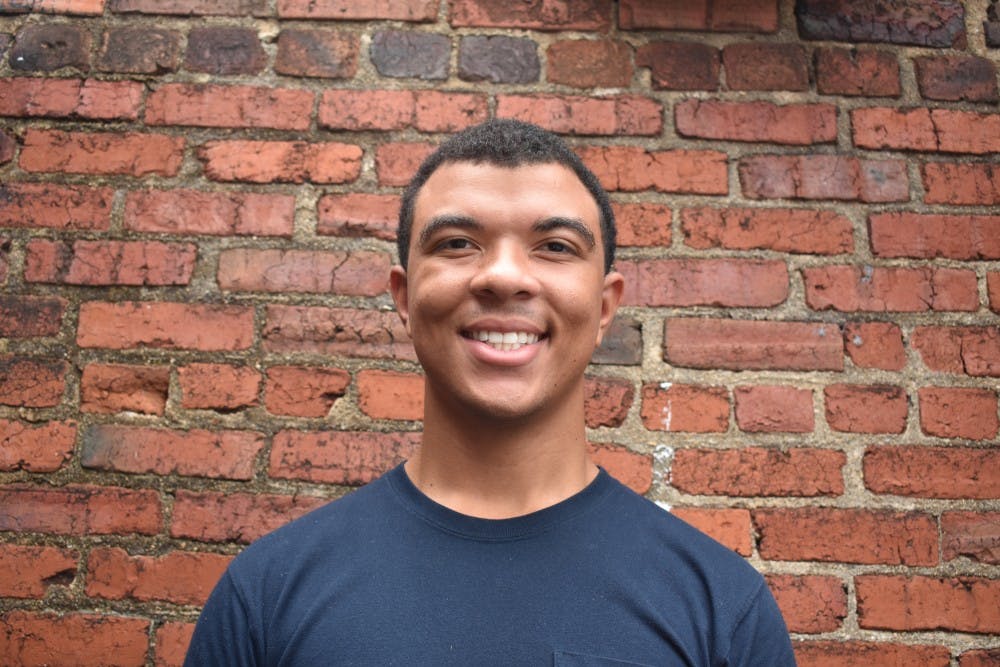Last Wednesday, Stephen J. Dubner, host of the podcast "Freakonomics," gave a talk at UNC on the invitation of the Philosophy, Politics and Economics Program. Like many in the room, my original intent was to attend this lecture in hopes of getting some extra credit points from my professor, but what I left with was so much more.
Dubner, an award-winning author and journalist, connected with the crowd almost instantly, telling short stories and adages that summarized some of the lessons he had learned throughout his career. But the most important thing he taught the crowd was that Americans have an unnatural, borderline immoral obsession with turkey breasts.
Beginning his tale, Dubner introduced his topic by asking how many of us had done much research into agricultural economics. Obviously he had confused N.C. State with UNC but quickly came to the realization after not many hands crept up in Gerrard Hall. So then Dubner asked another question: how many of us liked Thanksgiving? Almost every hand in the audience shot up and, for those who liked it as much as I did, both hands.
Because of this love for the Pilgrim holiday, Americans are expected to eat 40 million turkeys this November. Which poses the question: where the heck does that much turkey meat come from? Are they flying in from other places? Are we growing them in tubes or on trees? Are turkey’s just extremely sexually aggressive creatures? That’s when he hit us with the big answer.
Almost 100 percent of the turkey meat we were consuming was produced via artificial insemination.
Since the 1950s, Americans have been breeding turkeys to have the biggest breast meat possible. Which is exactly what we wanted! The most popular meat at the table, as big as you can get it, smothered in gravy and covered in stuffing. But there is no shortage of turkey meat in the United States, so why are almost all commercially raised turkeys the product of artificial insemination?
By this time, the entire room was on the edge of their seat, very concerned about the well-being of this big breasted bird that we have come to love so much. With a few laughs, Dubner finally explained the reason we have to artificially inseminate so many turkeys is because now that their breasts are so massive they cannot physically procreate.
American greed for monstrous sized turkey bosom has resulted in turkeys being “sex-starved before being trotted off to slaughter.” And as disturbing an image as that is, this event really made me more interested in the agricultural economy. The PPE Program really does bring some of the best speakers to campus. How else would I know about sex-starved turkeys?
You can join the PPE email list for more events at ppe.unc.edu




